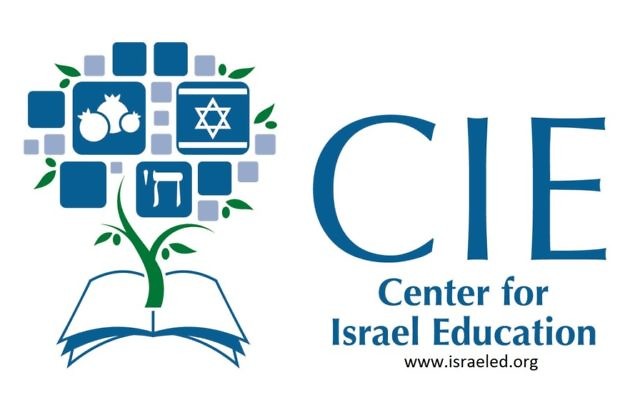CIE: Offense, Not Defense
By Rich Walter | Center for Israel Education
Jews are a people of memory. The Torah enjoins us to remember the Sabbath and keep it holy, to remember that we were slaves in Egypt and to remember what Amalek did to us. Commenting on the power of memory among the Jewish people, the late Columbia University historian Yosef Hayim Yerushalmi writes in “Zakhor: Jewish History and Jewish Memory,” “Only in Israel and nowhere else is the injunction to remember felt as a religious imperative to an entire people.”
For all the emphasis placed on memory, Jewish educational settings do little to ground our students in Jewish history, with the exception of the Shoah. This is especially true in teaching about Zionism and Israel.
For Jews, remembering is more than learning about the past. Memory helps form the fabric of what it means to be a Jew. We place special emphasis on collective Jewish experiences (think holidays) and building positive Jewish memories for our children. Yet when it comes to Israel education, we tend to focus either on an emotional connection to Israel as a Jewish homeland or Israel’s role as a haven for at-risk Jews.
These are important and worthy goals. As singular concepts, however, they fail to contextualize Israel within Jewish history or memory. Without this grounding, these strategies fail to address important questions, such as: How can we maintain an emotional connection with something we don’t really know, and why do Jews need a haven?
To truly appreciate Israel in these ways, we must teach it within a broader context.
Recently, major efforts and initiatives have focused on teaching Israel advocacy. This approach has arisen out of the concern (rightly so) that Jewish students are increasingly under fire, especially on college campuses. Often, they are ill-prepared to deal with the onslaught of anti-Israel sentiment they face.
In an effort to refute the most common attacks seeking to delegitimize Israel’s right to exist as a Jewish state, a conscious effort is made to provide youths with talking points about Israel’s creation and history.
The fact remains that while several organizations have launched significant efforts focused on this approach, the issue has grown worse. Anti-Israel and anti-Semitic instances on campus have increased. More organizations have joined the calls for BDS against Israel.
Perhaps most disconcerting, more liberal Jews, alienated by Israel’s policies, have joined these efforts.
Training our youth to defend Israel against corrupted narratives, almost always in the context of the injury Israel has done to the Muslim world, Arab history and Palestinians, has not worked. We must strive to ground the relationship to Israel in memory and history.
If we only teach Israel in the context of the Arab-Israeli conflict, what will our students learn about Jewish self-determination, state-building, creativity and ingenuity?
We salute those in American history, and especially American Jewish history, who have fought injustice or sought to improve society. We applaud civil rights leaders like Abraham Joshua Heschel, yet we often neglect those who stood for Jewish self-determination, rescued at-risk Jews or created organizations to help develop the state of Israel.
Being proud of Israel’s creation and development into a modern nation does not necessitate a denial of its challenges or complexities. Educating our communities in a more holistic way allows us to grapple with negative issues as a part of a nuanced whole. This bolsters our ability to counter anti-Israel agitation proactively, rather than reactively. It enables us to do so in a way that parallels our enduring traditions.
For more than 2,000 years, Jews have collectively prayed for a return to Zion as an expression of Jewish memory. Effective Israel education cannot be reduced to talking points aimed at the refutation of disingenuous narratives that challenge Israel’s legitimacy.
Proper Israel education must acknowledge the historical challenges Israeli and Zionist leaders have faced and, yes, offer criticism where appropriate. We should guide students to form their own opinions by providing content and context, using primary sources when possible.
Our aim as Israel educators should cleave to creating critical thinkers and not followers. This should be the goal, no matter one’s personal politics. Israel’s future as the leading and most important Jewish community is assured. American Jews should move forward: educate ourselves and our communities; create understanding and dialogue. Our past, present, and future as Jews is inextricably linked with Israel.
Rich Walter is the associate director for Israel education at the Center for Israel Education (www.israeled.org).




comments